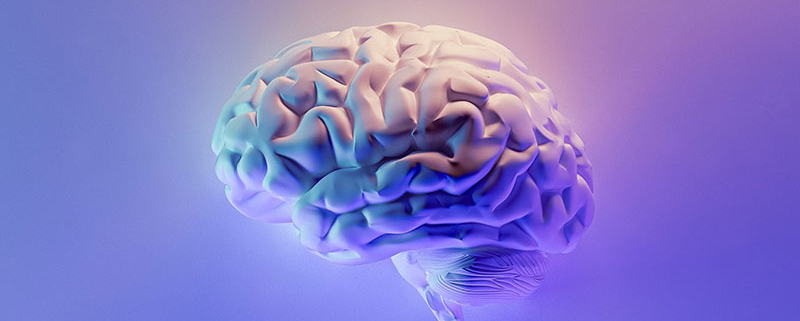We all have ‘Covid brain’ from pandemic stress
From the Jackson Hole News & Guide Column Sound Mind
Day 9,050 of 2020.
If we look back on the year, it’s not hard to notice all the stressful events that have occurred. Fires, natural disasters, climate change, policing issues, racial issues riots, the election … oh, and let’s not forget all of this during a global pandemic.
In addition to all the above, we here in Jackson have also dealt with one of our busiest summers ever.
Summer stresss, with staffing issues and traffic, has been exacerbated by stress about the pandemic.
So many of us have mentioned how this prolonged state of stress is affecting us. I like to call it COVID brain. I’ve noticed increased levels of stress, memory difficulties, a hard time focusing on simple tasks, irritability, less patience and empathy, sleep issues and feeling generally overwhelmed.
In conversations with others, this is not a unique experience: Many are experiencing similar symptoms. It’s no surprise that with everything going on we are all feeling an increased level of stress and anxiety.
A good example of how this is affecting us can be noted through responses on social media. As many of the issues heat up it feels like the overall environment is becoming more and more divisive and negative. Politics and values always have people on both sides with differing views. Actual debates and discussing the issues is a healthy part of the process.
However, allowing anger to fuel disagreements rather than respectfully disagreeing, feeds the negativity. Social media shows us people are passionate about many of the current issues on both sides, and yet the debate many times becomes more about character and name-calling rather than the facts in the discussion.
So where do we go from here?
Taking care of your mental health related to the overall stress is an important piece, and this includes your physical health — getting plenty of sleep, exercise, eating healthy, limiting alcohol and tobacco — and decreasing screen time and avoiding toxic conversations. Try to find some time to relax and recharge practicing mindfulness, gratitude and empathy, and maintain routines, connect with others and do something for someone else. Remember, this is a marathon, not a sprint.
Related to discussing the issues, here are some suggestions that may work well as reminders when debating contested stories in the news and especially on social media.
Avoid defensiveness: Our natural reaction to conflict can be to become defensive. This is not helpful in working through conflict productively and will not help you make a valid argument.
Research: Explore the facts of the issue from a reliable source. Include more than one source to form your own opinion.
Try to understand both sides of the issue, which can allow you to make your own argument stronger.
Argue the merits and the facts of the situation rather than just emotional responses.
Ask questions to explore the other side.
When you’re stating your own opinion or case, keep in mind that not everyone thinks the same as you and everyone is allowed their own opinion. Listen to the argument with intent to understand rather than to respond.
Avoid allowing disagreement to turn to anger, hate or name-calling. Try not to engage in this behavior or conversation. If necessary, walk away.
Keep in mind that conflict debates, discussions and stress reactions are all normal right now. There can be no progress without some sort of conflict to induce change. However, it’s not the conflict itself that is the problem, but the ways in which we choose to engage in the conversation or to their stress.
Tensions are high and everyone is feeling overwhelmed, anxious and stressed with a lot of uncertainty. Know what is the normal reaction for you to stressful situations so that you are aware when things are getting out of the normal range.
Luckily, there are so many local resources available to help navigate the stressful times.
Consider practicing mindfulness every day using tools highlighted by Becoming Jackson Hole’s 100 Acts of Mindfulness or on MyStrength.com. (Use access code jhcommunity.)
If you notice things are feeling out of control, it may be time to seek professional help or support. Family and friends can be a huge support system, as can clergy. In addition, there are many affordable options for seeking mental health support including Mental Health JH (collaboration with private practitioners and nonprofit partners) as well as the Jackson Hole Community Counseling Center.

